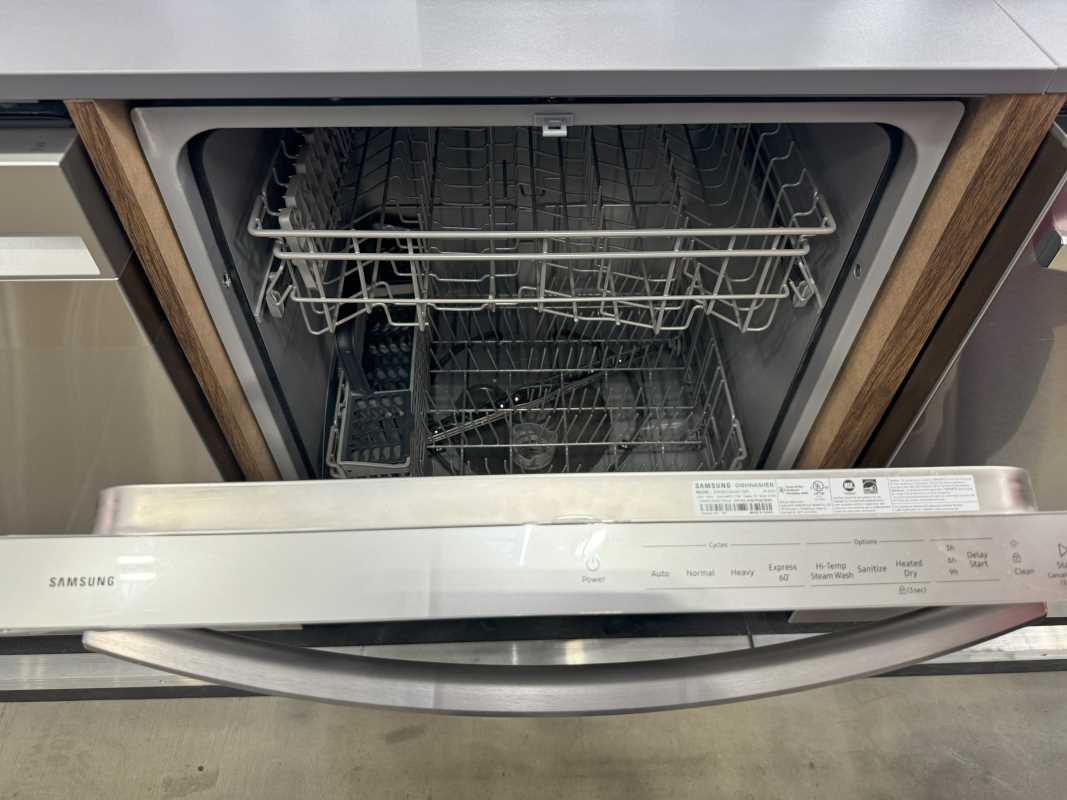As the world becomes increasingly aware of environmental issues and the importance of energy conservation, more homeowners are looking to integrate energy-efficient appliances into their homes. These appliances not only help reduce utility bills but also minimize your carbon footprint, making them a smart choice for modern living. If you’re considering upgrading your home appliances, this is a guide to some of the top energy-efficient options available today.
Energy-Efficient Refrigerators
Refrigerators are among the most essential appliances in any home, and they also consume a significant amount of energy. Choosing an energy-efficient model can make a noticeable difference in your energy consumption. Look for refrigerators that are certified by Energy Star, which indicates they meet strict energy efficiency guidelines set by the U.S. Environmental Protection Agency.
Modern energy-efficient refrigerators come with features such as LED lighting, which uses less energy than traditional bulbs, and advanced cooling systems that maintain consistent temperatures without excessive energy use. Many models offer features like adjustable shelving and temperature-controlled drawers, allowing for better organization and less wasted energy.
High-Efficiency Washers and Dryers
Laundry appliances are notorious for their high energy and water consumption. High-efficiency washers and dryers can significantly reduce both. Look for washing machines that are front-loading and Energy Star certified. These models use less water per load and are designed to spin clothes at higher speeds, which reduces drying time.
When selecting a dryer, consider ventless models that use heat pump technology. These dryers recycle heat, allowing them to dry clothes efficiently without wasting energy. Additionally, many high-efficiency dryers come equipped with moisture sensors that automatically stop the drying cycle once clothes are dry, further conserving energy.
Energy-Saving Dishwashers
Dishwashers are another appliance where energy efficiency can make a substantial impact. Newer dishwashers are designed to use less water and energy while providing a thorough clean. Models with an Energy Star rating typically use about 12% less energy than their non-efficient counterparts.
Look for features such as soil sensors, which adjust the washing cycle based on the level of dirt on the dishes, and energy-saving modes that allow you to run the dishwasher during off-peak hours when energy costs are lower. Some dishwashers offer a “quick wash” option, which uses less water and energy for lightly soiled dishes.
Induction Cooktops
Induction cooktops are becoming increasingly popular in modern kitchens due to their energy efficiency and speed. Unlike traditional electric or gas cooktops, induction cooktops use electromagnetic energy to heat pots and pans directly, which reduces cooking time and energy consumption.
These cooktops heat up quickly and allow for precise temperature control, making them an excellent choice for both novice and experienced cooks. Furthermore, induction cooktops are safer to use, as they remain cool to the touch while cooking, reducing the risk of burns.
Smart Thermostats
While not an appliance in the traditional sense, smart thermostats play a crucial role in energy efficiency by regulating heating and cooling systems in your home. These devices learn your schedule and preferences, allowing them to optimize your HVAC system's energy usage.
With features like remote access, you can control your home's temperature from your smartphone, ensuring that you’re not wasting energy when you’re away. Many smart thermostats can also integrate with other smart home systems, further enhancing your home's overall energy efficiency.
Energy-Efficient Water Heaters
Traditional water heaters can be energy hogs, but newer models are designed with efficiency in mind. Consider switching to a tankless water heater, which heats water on demand rather than storing it in a tank. This means you only use energy when you need hot water, significantly reducing energy waste.
If a tank water heater is more suitable for your home, look for Energy Star-rated models that use advanced insulation and heating technologies to improve efficiency. Some units even offer heat pump technology, which can reduce energy consumption by up to 60% compared to conventional electric water heaters.
